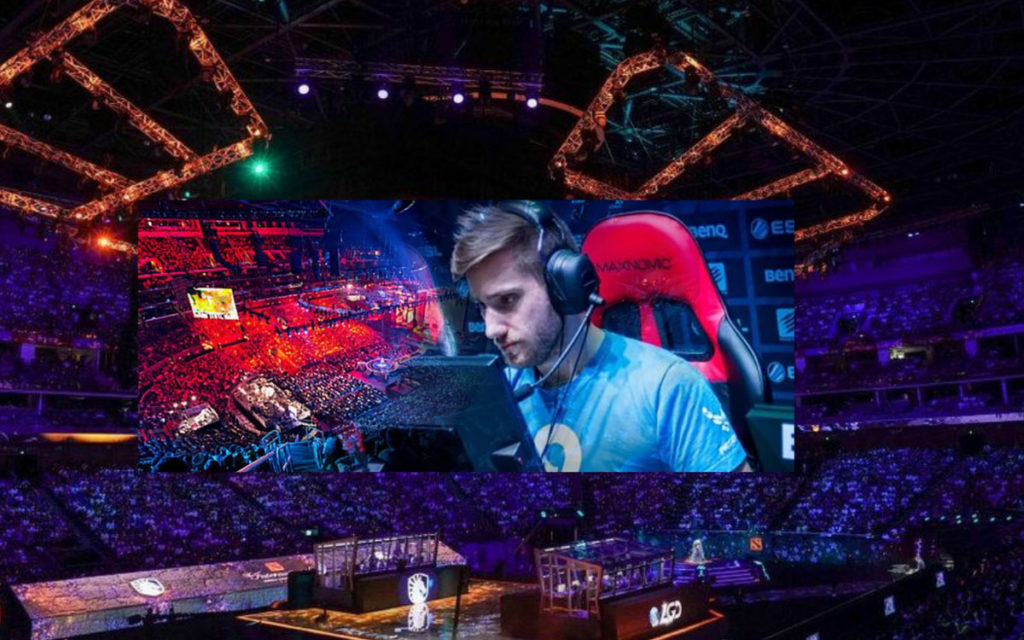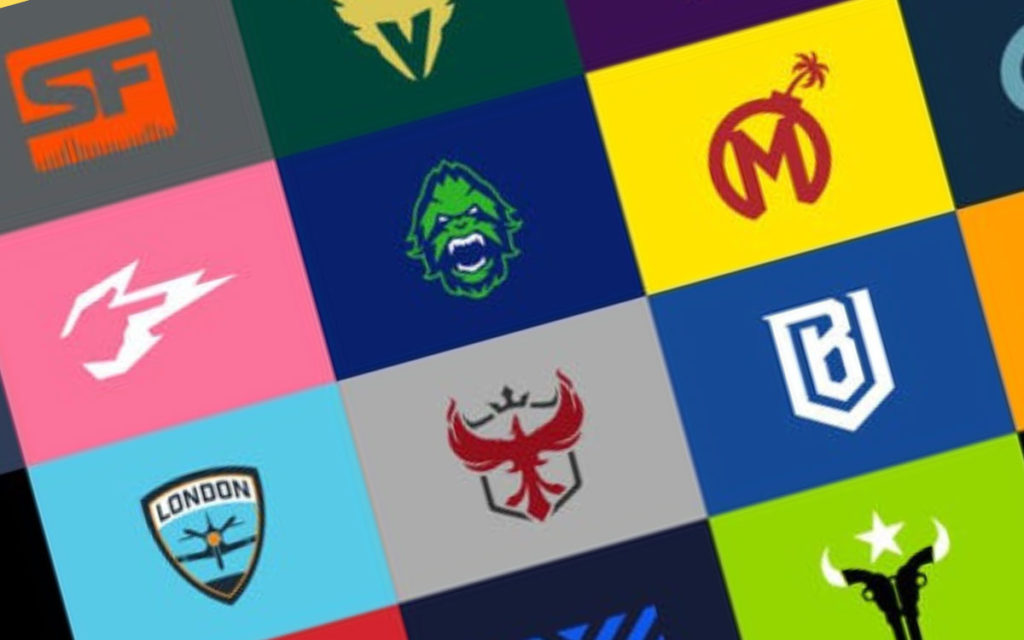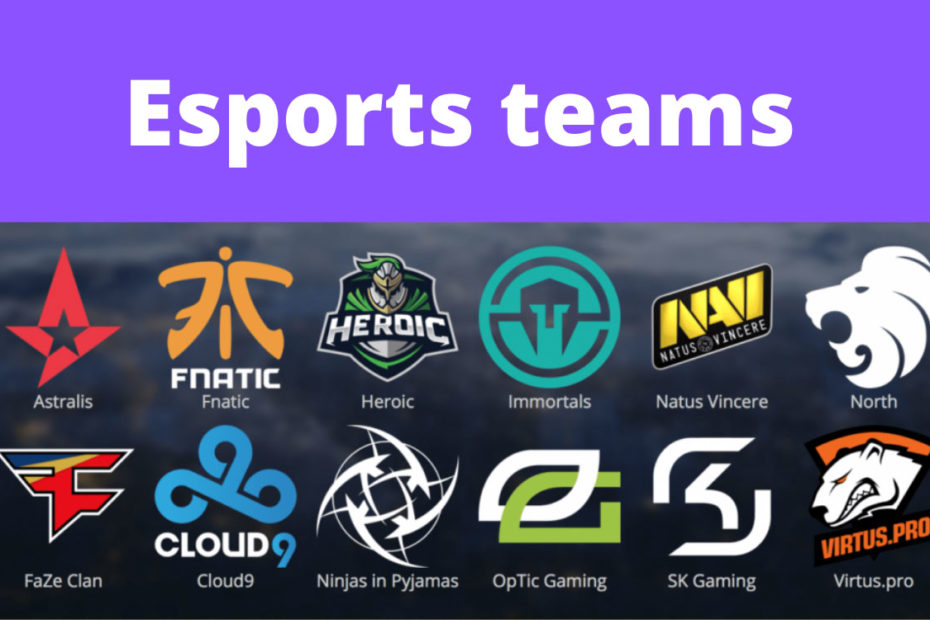Only in terms of complexity does the electronic gaming landscape vary. eSports has a plethora of mechanics and characteristics, all of which have been carefully considered. These athletes’ responsibilities are more complex than those defined by mainstream sports. For those who’ve never played, this could feel like a strange language.
Sponsorships
The true tale of an eSports team somehow doesn’t start until they secure a sponsor. To start and run an eSports team, you’ll need money. Self-funded teams may not even be recognized as official by the tournament in which they compete. The equivalent of such a talent agent is the ‘talent scout.’
They’ve been supposed to compete in international tournaments and contests. There have been no officially recognized teams, only a bunch of friends who have decided to join ranks to pursue competition playing.
Players

An eSports league’s organization differs. Just like popular games, there is also no unique layout. For League of Legends clubs, it seems to be the standard. However, there is also no restriction on the number of back-ups and non-starters a team may maintain.
Esports groups, like team members, have functions and responsibilities. Teams in Call of Action are still in charge of capturing flags, laying explosives, and remaining in zones. There will also be a crew dedicated just to symbolic benefits worth scores in games with such goals.
The weight of duty on every participant grows as the number of positions on an esports team diminishes. This implies that tasks that would ordinarily be shared across the team (such as support) are assigned to a particular team leader. It necessitates a game’s structure and elements to be divided. Damage-dealer/asserter, healer/supporter, scouter/sneaker, defender/repeller, specialist/magic users are just a few examples of roles.
Which Esports Teams Are the Best?

When some eSports teams are part of a broader organization that plays in multiple games, determining the greatest eSports teams from around the world is challenging. For instance, Team Liquid competes in 24 events ranging from Auto Chess to DOTA, earning $2,250 and $22 million correspondingly in every game.
We’ll simply rank players in order of overall earnings throughout all matches, and also the number of contests they’ve competed in, and the highest-earning game, in this listing.
- Team Liquid: $33.8 million, 1622 tournaments, DOTA
- OG: $33.4 million, 70 tournaments, DOTA 2
- Evil Geniuses: $24 million, 798 tournaments, DOTA 2
- Fnatic: $14.3 million, 856 tournaments, CS:GO
- Newbee: $14 million, 180 tournaments, DOTA 2
- pro: $13.7 million, 470 tournaments, DOTA 2
- Vici Gaming: $12.2 million, 268 tournaments, DOTA 2
- Team Secret: $11 million, 199 tournaments, DOTA 2
- LGD Gaming: $10.7 million, 131 tournaments, DOTA 2
- Invictus Gaming: $10.7 million, 432 tournaments, DOTA 2
- Natus Vincere: $10 million, 432 tournaments. DOTA 2
- Wings Gaming: $9.7 million, 27 tournaments, DOTA 2
- SK Telecom T1: $9.2 million, 257 tournaments, League of Legends
- Cloud 9: $9.2 million, 674 tournaments, CS:GO
- PSG: $9 million, 56 tournaments, DOTA 2
- OpTic Gaming: $7.8 million, 292 tournaments, Call of Duty
- FaZe Clan: $7.7 million, 285 tournaments, CS:GO
- Astralis: $7.3 million, 75 tournaments, CS:GO
- Team Envy: $6.5 million, 324 tournaments, CS:GO/Call of Duty
- SK Gaming: $6.3 million, 649 tournaments, CS:GO
